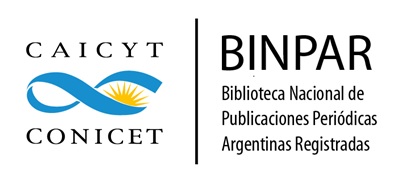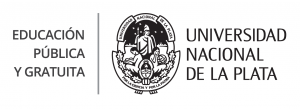The falsification of information as a contempt for democracy
Keywords:
Democracy, media, politics, power, citizenship, fake newsAbstract
Today democracies and their systems of representation are fiercely attacked, when the leader comes from the national and popular field, but quite the opposite when these governments represent the interests of neoliberalism and the extreme right, in the case of the latter in particular, they are accompanied by media groups that are in tune with real power, then collect in extraordinary profits what they sow in the social imaginary and through the construction of common sense. For which, if necessary, the so-called war journalism is used, whose mines and explosives of all kinds are fake news.
In order to find reasons that explain the current situation in which democracies and their political systems are developing, it is necessary to think, among other issues, of some questions. How unapproachable and unlimited is the media power that governments and states have not been able to counter?; Why have democratic political references even been expelled from their symbolic and material spaces and replaced by others driven by the discursive power of the media ?; Why has democracy not yet been able to democratize the word despite the laws in force in this regard? Throughout this article, we will try to find some answers.
Downloads
References
Díaz, E. (1996). La ciencia y el imaginario social. Buenos Aires, Argentina. Editorial Biblos.
Feldman, S. (2019). La conquista del sentido común. Buenos Aires, Argentina: Ediciones Continente.
Feinmann, J. P. (2013). Filosofía Política del poder mediático. Buenos Aires. Argentina. Planeta.
Foucault, M. (1970). El orden del discurso. Traducción de Alberto González Troyano (1992). Buenos Aires, Argentina: Tusquets Editores.
Ley de servicios de comunicación Audiovisual 26.522 (2009). Buenos Aires, Argentina.
Downloads
Published
How to Cite
Issue
Section
License
Copyright (c) 2022 María Elisa Ghea, Patricia Vialey

This work is licensed under a Creative Commons Attribution-NonCommercial-ShareAlike 4.0 International License.
La aceptación de un original por parte de la revista implica la cesión no exclusiva de los derechos patrimoniales de los/as autores/as en favor del editor, quien permite la reutilización, luego de su edición (postprint), bajo una Licencia Creative Commons Atribución-NoComercial-CompartirIgual 4.0 Internacional (CC BY-NC-SA 4.0)
Acorde a estos términos, el material se puede compartir (copiar y redistribuir en cualquier medio o formato) y adaptar (remezclar, transformar y crear a partir del material otra obra), siempre que a) se cite la autoría y la fuente original de su publicación (revista y URL de la obra), b) no se use para fines comerciales y c) se mantengan los mismos términos de la licencia.
La cesión de derechos no exclusivos implica que luego de su edición (postprint) en Actas de periodismo y comunicación las/os autoras/es pueden publicar su trabajo en cualquier idioma, medio y formato; en tales casos, se solicita que se consigne que el material fue publicado originalmente en esta revista.
Tal cesión supone, también, la autorización de los/as autores/as para que el trabajo sea cosechado por SEDICI, el repositorio institucional de la Universidad Nacional de La Plata, y sea difundido en las bases de datos que el equipo editorial considere adecuadas para incrementar la visibilidad de la publicación y de sus autores/as.
Asimismo, la revista incentiva a las/os autoras/es para que luego de su publicación en Actas de periodismo y comunicación depositen sus producciones en otros repositorios institucionales y temáticos, bajo el principio de que ofrecer a la sociedad la producción científica y académica sin restricciones contribuye a un mayor intercambio del conocimiento global.






















